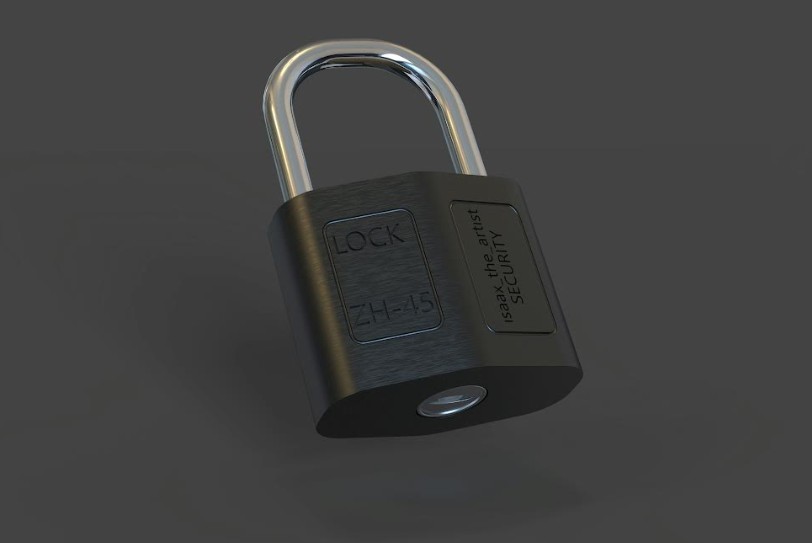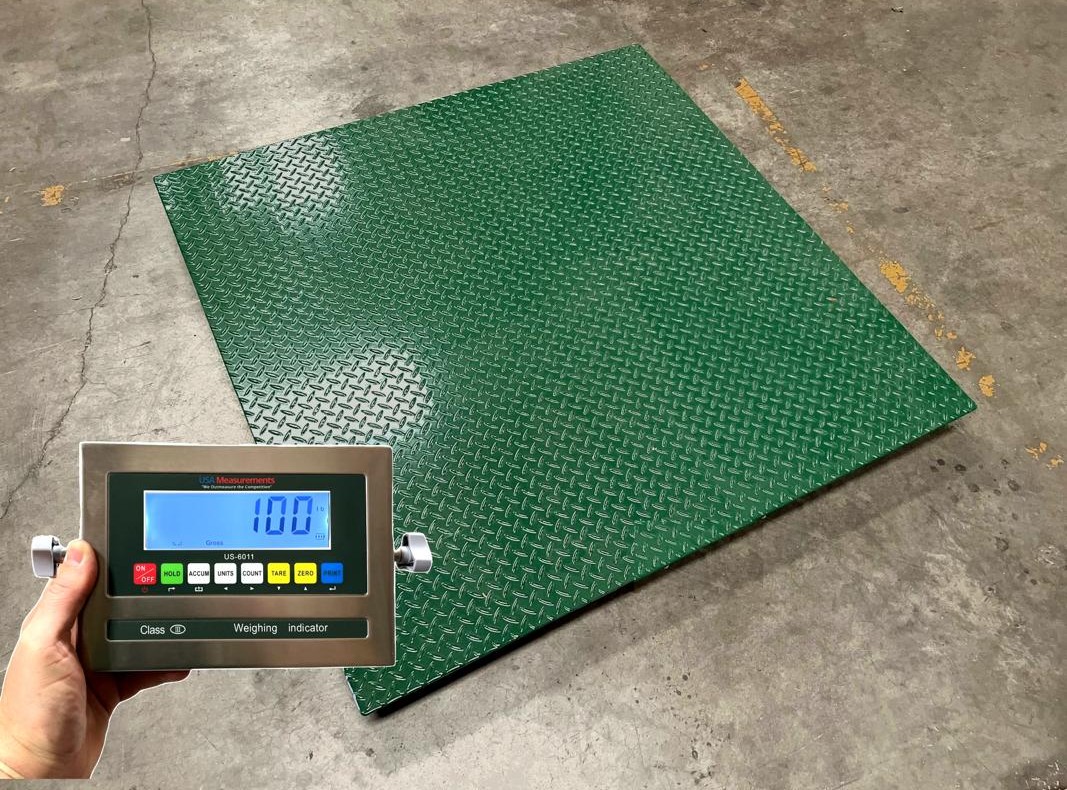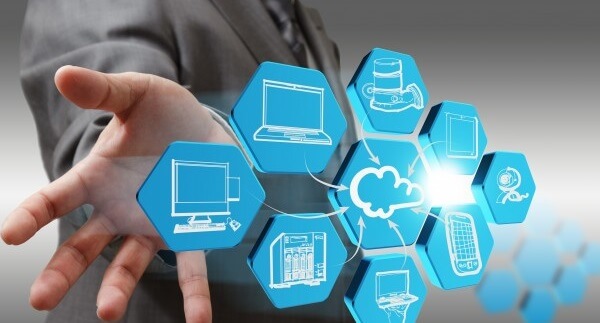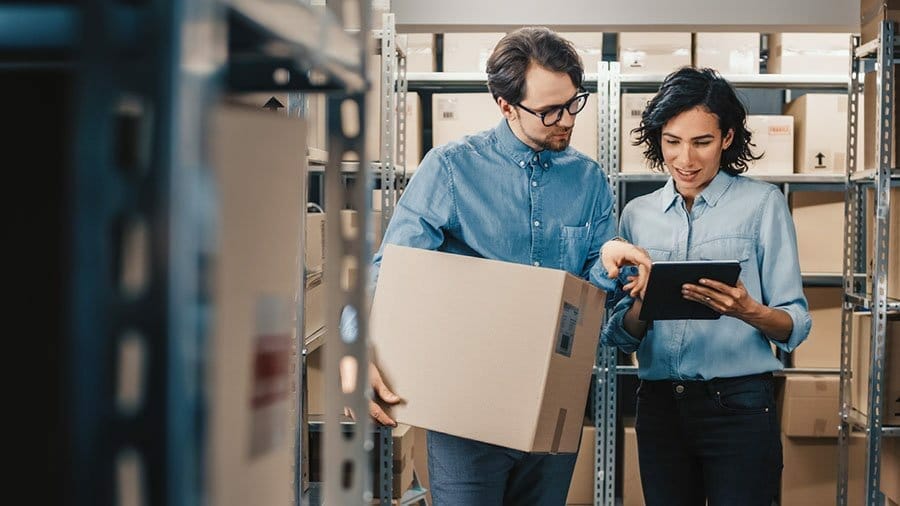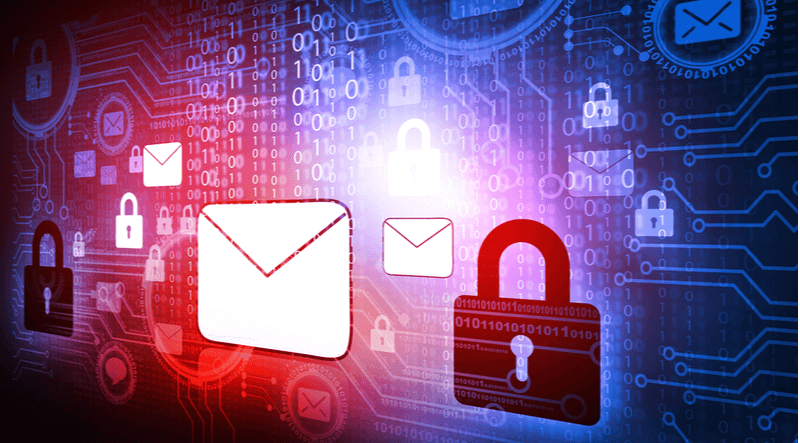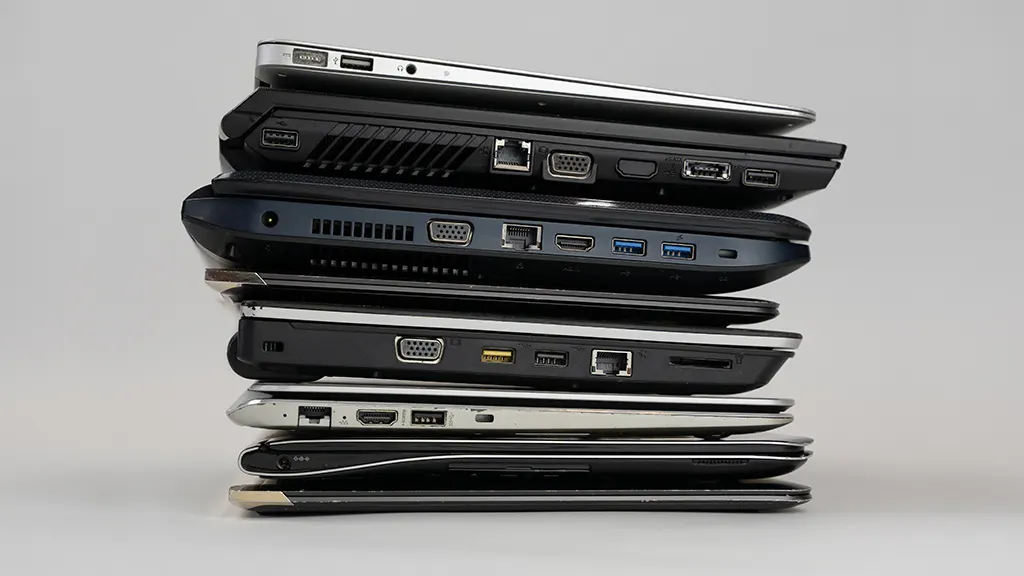
Why Computer Recycling Actually Matters
Think about everything inside a computer. There’s gold, silver, copper, and rare earth metals that took enormous resources to mine and process. When computers end up in landfills, these valuable materials get buried forever, and toxic substances like lead and mercury can leak into soil and groundwater
Electronics recycling helps recover these precious materials so they can be used again, reducing the need for new mining operations. Plus, one person’s outdated computer might have parts that can give another machine years of extra life
Back Up Everything Before Saying Goodbye
Before doing anything else with an old computer, save those files. Photos, documents, tax records, music collections—they’re all irreplaceable once the hard drive gets wiped or recycled. Cloud storage services, external hard drives, or even USB flash drives work great for backing up important data
This step seems obvious, but it’s surprisingly easy to forget until it’s too late. Take the time to go through folders carefully, check the desktop, and don’t forget about browser bookmarks and saved passwords.
Wipe That Data Clean
Here’s something that keeps security experts up at night: computers have long memories. Simply deleting files or doing a quick format doesn’t actually remove data from the hard drive. Special software is needed to truly wipe a drive clean, making old information unrecoverable
Free tools like DBAN work well for complete hard drive erasure, while Mac users can use the built-in Disk Utility. For solid-state drives, the process is slightly different, so checking the manufacturer’s recommendations helps ensure complete data destruction.
Find Out If That Old Computer Has Value
Not every computer needs to go straight to recycling. Machines that still power on and function reasonably well might have a second life ahead of them. There’s actually a thriving market for used electronics, especially laptops that are only a few years old.
Look for Certified E-Waste Recyclers
When a computer truly has reached the end of its useful life, proper recycling becomes essential. The key is finding a certified e-waste recycler rather than just tossing electronics in the regular trash. Look for facilities certified by R2 (Responsible Recycling) or e-Stewards—these certifications mean the recycler follows strict environmental and safety standards.
Many electronics retailers also run take-back programs where old computers can be dropped off for free or a small fee. Local municipalities often host e-waste collection events throughout the year. Taking a few minutes to research local options ensures computers get processed responsibly instead of being shipped overseas to developing countries where they’re dismantled unsafely.
Consider Donation for Working Computers
Computers that still work but feel too slow for current needs might be perfect for someone else. Schools, libraries, nonprofit organizations, and community centers often welcome donations of functional equipment. Some charities specifically refurbish computers and give them to low-income families or students who need them for homework.
Before donating, make sure the computer actually works—organizations need usable equipment, not broken devices that become their disposal problem. Getting a donation receipt helps at tax time too. This option extends the life of electronics while helping people who might not otherwise afford technology.
Remove Batteries and Accessories Properly
Batteries deserve special attention during the recycling process. Laptop batteries, especially lithium-ion ones, can be fire hazards if damaged or improperly stored. Many recycling centers ask that batteries be removed before dropping off computers. Battery-specific recycling programs exist at most major retailers and hardware stores.
Don’t forget about accessories either—power cables, mice, keyboards, and webcams can often be donated or recycled separately. Someone with a working computer might need exactly those peripherals that no longer have a use at home.
Conclusion
Recycling computers doesn’t have to be complicated or time-consuming. With a little planning—backing up files, wiping data, and finding the right recycling option—old electronics can move on to their next chapter responsibly.
Whether that means selling equipment that still has value, donating working machines to worthy causes, or ensuring proper recycling of truly obsolete devices, every action helps reduce electronic waste. The environment benefits, communities gain resources, and there’s satisfaction in knowing technology got handled the right way.



